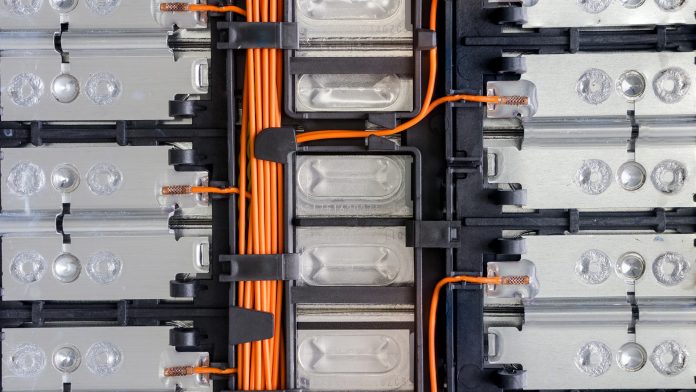The European Union’s research initiative, Horizon Europe, has announced €150m in funding for Battery 2030+ to facilitate sustainable battery research.
The funding comes after McKinsey forecasted global battery demand to exceed 1,700 GWh in 2025.
The investment from the EU signifies a renewed confidence in Battery 2030+, an initiative coordinated by Uppsala University in Sweden.
The initiative will undertake sustainable battery research with the aim of making Europe the world leader in the development and production of green batteries.
Battery 2030+ focuses on designing green, efficient, durable, and safe batteries.
New battery research projects are to be set up
Under the leadership of Professor Kristina Edström at Uppsala University, six new battery research projects are coordinated under the CSA.
These projects will focus on the mechanisms for self-healing and electrochemical interfaces, and sensors.
Next year, an additional ten projects are set to start thanks to a funding of around €60m.
In 2025, nine new battery research projects are anticipated with a funding of €60m. Some of these projects will include applied research areas like production and recycling. Others will be more data science driven.
“The ultimate goal is to better understand the dynamic processes within the battery to further advance technological growth in this vital field. The EU’s commitment to sustainable energy solutions is evident in Horizon Europe’s continued support of these trailblazing projects,” said Professor Edström.
Projects for sensing and self-healing
Three of the battery research projects look at sensing and self-healing mechanisms for improved battery reliability and performance.
These projects are:
- Pheonix led by Maitane Berecibar, Vrije universitet i Bryssel (VUB);
- Salamander led by Yuxiu Lai at the Institute for Energy Technology in Norway (IFE); and
- Healingbat led by Stefan Palzer at Dortmunds Technical University.
Complex interfaces will also be explored
The other three projects will investigate the interfaces between the electrolyte and the electrodes in the battery.
The research projects investigating interfaces are:
- Opera led by Celia Polop at the University Autónoma de Madrid (UAM);
- Opincharge led by Santhana Eswara at LIST (Luxemburg Institute for Science and Technology); and
- Ultrabat led by Martin Meedeom Nielsen at DTU (Technical University of Denmark).









